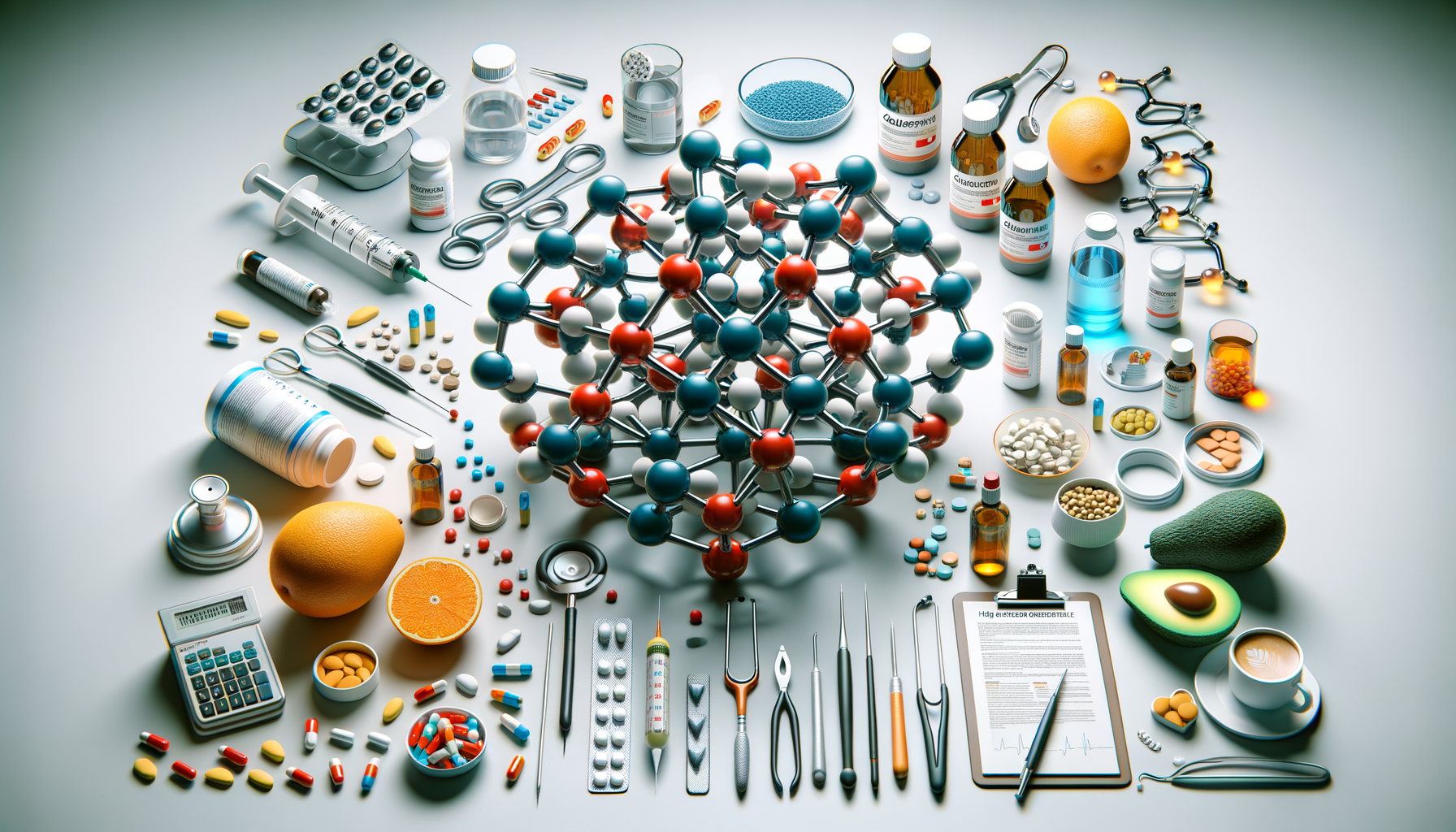Understanding High Cholesterol
High cholesterol is a common health concern that affects millions of individuals worldwide. It is characterized by an excessive amount of cholesterol in the blood, which can lead to serious health issues such as heart disease and stroke. Cholesterol itself is a fatty substance that is essential for building cells and producing certain hormones. However, when levels become too high, it can accumulate in the arteries, leading to atherosclerosis, a condition that narrows and hardens the arteries.
There are two main types of cholesterol: low-density lipoprotein (LDL), often referred to as “bad” cholesterol, and high-density lipoprotein (HDL), known as “good” cholesterol. The goal of treatment is to lower LDL levels while maintaining or increasing HDL levels. Understanding the balance between these types is crucial in managing cholesterol effectively.
Several factors contribute to high cholesterol, including genetics, diet, lifestyle, and underlying medical conditions. While some individuals may inherit a predisposition to high cholesterol, others may develop it due to unhealthy eating habits and lack of physical activity. Identifying the root cause is the first step in formulating an effective treatment plan.
Lifestyle Modifications
One of the primary approaches to managing high cholesterol is through lifestyle modifications. These changes not only help in reducing cholesterol levels but also improve overall health. Dietary adjustments play a significant role in this process. Reducing the intake of saturated fats and trans fats is essential as these can increase LDL cholesterol. Instead, incorporating more fruits, vegetables, whole grains, and lean proteins can aid in lowering cholesterol levels.
Regular physical activity is another crucial component. Engaging in at least 150 minutes of moderate aerobic exercise per week can help raise HDL cholesterol and lower LDL cholesterol. Activities such as walking, cycling, and swimming are excellent options for maintaining heart health.
Additionally, quitting smoking and reducing alcohol consumption can have a positive impact on cholesterol levels. Smoking cessation improves HDL cholesterol levels, while moderate alcohol consumption can also contribute to higher HDL levels. However, it’s important to approach alcohol with caution and moderation.
Medications for High Cholesterol
In cases where lifestyle changes are insufficient, medications may be prescribed to help manage high cholesterol. Statins are the most commonly used drugs for this purpose. They work by blocking a substance your body needs to produce cholesterol, thus lowering LDL levels. Statins have been shown to significantly reduce the risk of heart attacks and strokes in individuals with high cholesterol.
Other medications include bile acid sequestrants, which help remove cholesterol from the bloodstream, and cholesterol absorption inhibitors, which reduce the absorption of dietary cholesterol. In some cases, doctors may prescribe a combination of medications to achieve optimal results.
It’s important for patients to discuss potential side effects and interactions with their healthcare provider to ensure the chosen medication aligns with their overall health profile. Regular monitoring of cholesterol levels through blood tests is also necessary to assess the effectiveness of the treatment.
Natural Supplements and Alternative Therapies
For those interested in exploring natural supplements and alternative therapies, several options may aid in managing high cholesterol. Omega-3 fatty acids, found in fish oil, have been shown to lower triglycerides and may also help reduce LDL cholesterol. Plant sterols and stanols, found in certain fortified foods, can also block cholesterol absorption in the intestines.
Herbal supplements like garlic, flaxseed, and green tea have been studied for their potential cholesterol-lowering effects. However, it’s essential to approach these with caution and consult with a healthcare provider before adding any supplements to your routine, as they may interact with prescribed medications.
Alternative therapies such as acupuncture and yoga may also contribute to overall heart health by reducing stress and promoting relaxation, although their direct impact on cholesterol levels may vary among individuals.
Monitoring and Long-term Management
Managing high cholesterol is a lifelong commitment that requires regular monitoring and adjustments to treatment plans. Regular check-ups with a healthcare provider are crucial to track cholesterol levels and make necessary changes to medications or lifestyle habits.
Patients should also stay informed about their condition and be proactive in making heart-healthy choices. This includes adhering to dietary recommendations, maintaining a consistent exercise routine, and avoiding behaviors that can negatively impact cholesterol levels.
Support from family, friends, and support groups can also play a vital role in maintaining motivation and accountability. By staying vigilant and committed to managing cholesterol, individuals can significantly reduce their risk of cardiovascular diseases and lead a healthier, more fulfilling life.




Leave a Reply